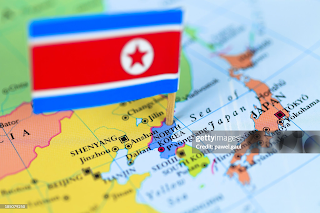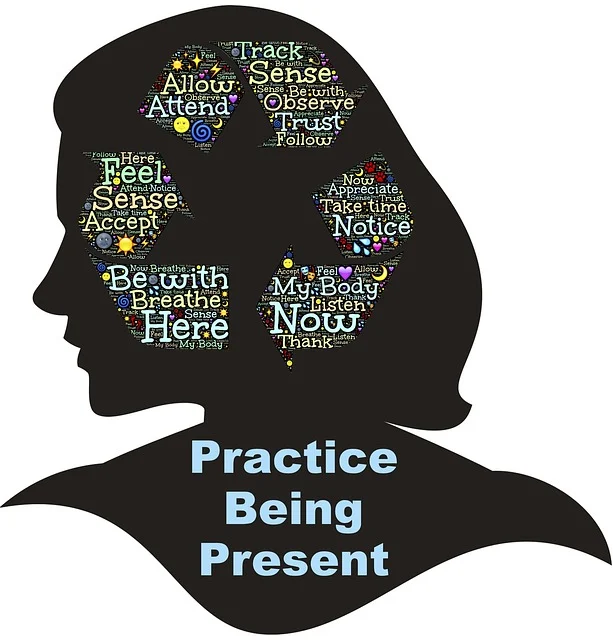The Catholic Times column Building Bridges by a religious brother of the Taizé Community gives us some understanding of the overseas Chinese living in Korea for many generations.
Dam Anyu is a third-generation Chinese native living in Seoul. She graduated from Hanseong Chinese Elementary School in Myeong-dong and a Chinese Middle and High School. She said that her grandfather, who came to Korea by ship from Shandong Province in the 1940s, always taught Anyu: “You are Chinese,” and emphasized: “When she grows up, she must not marry a Korean.” He married a Korean from Jeonju her grandmother. Her father was a teacher at an overseas Chinese school and then became a university professor.
The establishment of diplomatic relations between Korea and China in 1992 was a shock to many Chinese. One day, Korea suddenly established diplomatic relations with the People's Republic of China, the Communist Party of China, and severed diplomatic relations with the Republic of China (Taiwan), which is called 'Free China'. Anyu vividly remembers the day when the Taiwan flag was lowered for the last time at the Chinese elementary school she attended. (The Blue Sky with a White Sun is the national emblem of the Republic of China (Taiwan). She was very sad. However, most of the Chinese in Korea, many of whom are from Shandong Province, maintained their Republic of China nationality even after the establishment of diplomatic relations between Korea and China.
After graduating from high school, she entered Taiwan's prestigious National Normal University, where she was shocked again. To Taiwanese people, she was Korean. No matter how much she emphasized, “I’m just like you,” as she waved her passport, the next time they met, she was introduced as “a friend from Korea”. China where my ancestors lived, Korea where I was born and lived, and the Republic of China (Taiwan) engraved on my passport. She didn't belong anywhere and seemed to be floating somewhere in the West Sea.
When she became a Christian as a college student, she discovered a new identity as a child of God. But when she returned to Seoul and started her master's studies, she was introduced as an international student and even served as an international student representative. As she enters the doctoral program at Yonsei University this spring, she may once again be treated as an international student at the school, which is a short walk from her home.
Koreans do not know much about their ‘oldest neighbors’, the Chinese. We know about the Koreans who sacrificed their lives in Japan during the Great Kanto Earthquake, but the massacre of Chinese people that took place in Pyongyang in 1931 after the Wanbo Mountain Incident is not taught anywhere. He only found out about it recently.
The Park Chung-hee regime's ban on land ownership remained a trauma for many ethnic Chinese. A cabbage seller lost his land and started a restaurant, but the price of Jjajangmyeon was determined by the government and he could not raise it at will. Currency reform was also a blow to overseas Chinese who had a lot of cash. When Kim Young-sam government implemented the real-name financial system, some people lost their property and friends. Due to various restrictions and discriminatory treatment, the number of ethnic Chinese who at one time was close to 100,000 decreased to 20,000.
Korea is already an internationally recognized multi-ethnic country. The number of foreigners residing in the country is close to 5 percent. When will Dam An-yu, a native of Yeonhui-dong, be seen as our oldest neighbor and considered ‘one of us’?






